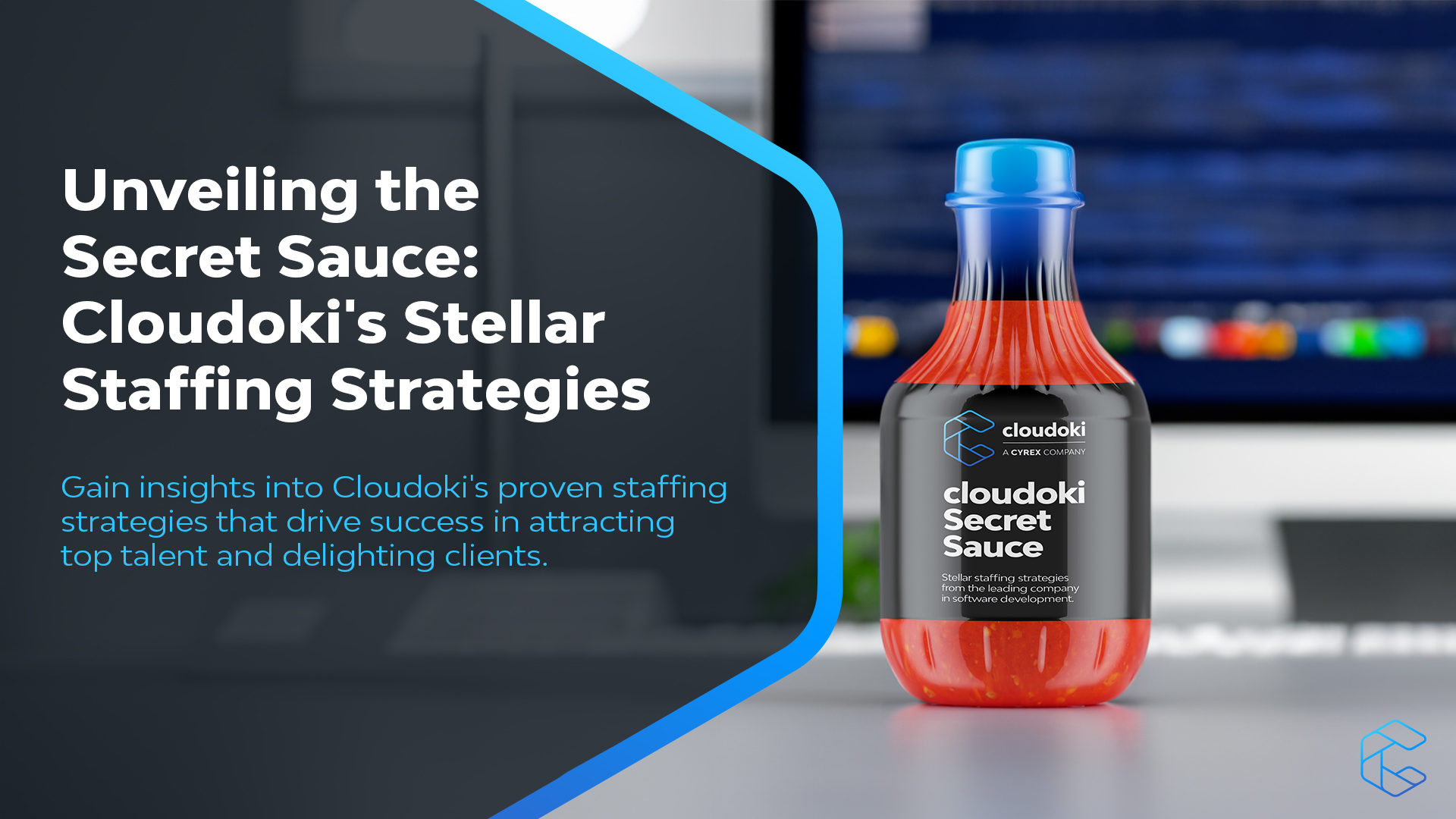Face-to-face events, do you remember them? With lock-downs resulting in face-to-face business events being cancelled or postponed globally, we have seen a huge growth in online events. Why have these events been successful, and will they persist once things get back to normal?
Bricks-and-mortar hit the wall
Like many others, I was dismayed when Mobile World Congress organisers GSMA cancelled the event this year as Covid-19 (aka Coronavirus) began its spread. The great efforts by the City Council of Barcelona and other local organisations, who stepped into the breech and organised the Barcelona Tech Spirit event on very short notice, demonstrated resilience by event organisers but this was the last event I was able to attend physically before the lock-downs started to sweep the globe.
Along with many activities negatively impacted, this is a big hit for an important sector. To put things in perspective, large events in the days prior to the pandemic have been big affairs, for example some leading technology events in Europe having 50,000+ attendees each and generating major incomes for the economies of host cities.

But once the restrictions came in, events were cancelled or postponed and there seemed to be a big gap in the business space, particularly from a marketing and sales perspective. At the Tech Spirit event, I recall hearing people saying that event management as a sector would likely crash-and-burn as a result of the virus, and that the event we were at might be the last conventional one for a long while. But later, I heard others discussing how technology could solve many problems caused by the pandemic (developers no doubt!).
Agile Pivot
That seems an age ago, and since then we have seen online events popping up regularly. Now, like many others, I am quite comfortable with the format and convenience of an online event – indeed, some online events get significant numbers of attendees, which was unthinkable only a few short weeks ago.
I have been surprised at how well the events have been organised, with topical themes, great speakers and moderators, and the capability for attendees to interact with speakers and panellists through written questions. And it occurred to me that event management professionals must have switched their expertise from a “bricks and mortar” world, to the digital environment with the speed of an agile start-up making a pivot.
There are a few factors that have been critical in facilitating such a pivot:
- Leading drivers for attending a business event are either for marketing or for the gathering of information. Both these activities can, by and large, be done online.
- Broadband availability continues to increase, giving greater speeds and reliability of internet connection.
- There is a high-level use of smartphones and and increasing digital savvy-ness of consumers.
- Video communication tools and platforms have matured over the last few years.
In other words, the infrastructure and tools existed pre-crisis, and people have not had to make a huge jump to “cross the chasm” in order to adopt the solutions.
The pivot to online has meant that there has been some degree of continuity in business events happening – which is not the case to the same extent for non-business events, where challenges remain extremely difficult.
“digital transformation has been accelerating with e-commerce, self-service portals, and broader use of connected applications through APIs”
Temporary fix or permanent change?
Remember good old physical events, where we mixed with people face-to-face in conference centre, halls, and hotel function suites. Once the pandemic has passed, will we revert to the way things were before?
The obvious answer is that this is inevitable, especially given one big factor not mentioned so far: face-to-face meetings and interactions are the well-established way for doing business. Most people like to know who they are dealing with, look them in the eye, and use their sub-conscious and innate senses to gauge new people. This is much harder to do using technology, no matter how good sound and video quality are. Additionally, the business events industry is large, and players will want to resume work as soon as practically possible.
But necessity is the mother of all invention as a wise person once said, and under the pandemic, we have very quickly adopted new ways, shrugging off ingrained habits. Moreover, we could see even before the crisis, a greater move towards online habits – digital transformation has been accelerating with e-commerce, self-service portals, and broader use of connected applications through APIs, changing expectations of both developer and end user experiences. Perhaps that is why the technology tools that have been picked up en masse in the last couple of months have been well received – because they work and provide positive experiences.
“..if digital platforms and tools can provide great user experiences…they are likely to have a greater place in the future business events landscape”
Conclusion
It is reasonable to expect that there will be a recovery in face-to-face business events when circumstances allow – technology cannot yet fully replace the need to be with people and interact naturally.
Nevertheless, the seal has been broken on the acceptability of online events, and if digital platforms and tools can provide great user experiences as well as convenience for attendees and speakers alike, then they are likely to have a greater place in the future business events landscape.
What do you think will happen – a return to how things were before with face-to-face events, or a greater prevalence of online events? Let me know your thoughts and views.
Related Articles

BNP Paribas Fortis Hackathons
Unlocking the Future: Exploring APIs, IoT, and AI through Hackathons at BNP Paribas Fortis...
Read more
The Secret Sauce of Cloudoki: Stellar Staffing Strategies
Discover the key to success in the software development industry with Cloudoki's staffing ...
Read more
Cut the BullSaaS on AI: Insights from Rui Molefas
Explore the transformative power of AI integration in the SaaS industry through an engagin...
Read more
Being the Benchmark of Software Development
Discover how we navigate emerging technologies like blockchain, IoT, and AI to ensure top-...
Read more


